Everything in life is relative. How often do we hear that phrase. I think you come to that conclusion yourself from time to time. Nothing in our world is constant and reality is so multifaceted as to be breathtaking. Take, for example, "time" the most impermanent quantity. On every planet time flows differently, therefore I think you will be interested to learn - How long day lasts on other planets? Relativity of time is amazing mystery, bordering on magic. You think differently? Well, OK. Is everyone familiar with the concept of Time-lapse? When, in a video, time is accelerated so fast that you can fit, in one minute, several days of continuous filming.
So the question is, is there a limit to speeding up time? Is there a specific point after which time can no longer be accelerated? Or the flip side, the slowing down of time. Again, an example from the field of video processing. We slow down video and lo and behold, the movement in the frame has stopped, as if everything froze and it feels like nothing is happening. But this is a false feeling, because everything goes at a normal pace in the original version. The video editor superimposes an additional layer on the source material and increases the distance between the key frames, so we, the viewers, become time travelers. While the original version of the video has already ended, we are still looking at the developments in slow motion. Impressive? Or not so much? Then let's cut to the chase.
We all hurry for time, sometimes we can't wait, we keep repeating the same phrase - Hurry for tomorrow, hurry for the hour to pass, hurry, hurry, hurry. Sometimes everything seems to move mockingly slowly. But does it really?
The Milky Way Galaxy and our place in it
Did you know that our planet is in constant motion? It revolves around the sun at crazy speed and also rotates on its axis, changing days and nights. Our entire Milky Way galaxy is in motion, and with it the solar system. All this motion is due to the "Big Bang", a shock wave, in which we are located. Since it has already been proven that the universe continues to expand, the obvious conclusion is that our entire existence, all civilizations that have been blown away by the winds of history, and the multi-billion years of Earth's time, is just a brief moment of an explosion.
For someone... for someone who has already seen how it ended and has already forgotten what he saw. But not for us, the direct participants in the event. Here it is, the relativity of time in practice.
You are still shrugging your shoulders in doubt. Well, here are some proven facts. As stated above, our solar system moves in the whirlpool of the galaxy, at a speed of 320 kilometres per second. In turn, the planet Earth makes a revolution around the sun at an acceleration of 36 kilometres per second. To understand whether it is much or little, I will give an example - the speed of sound is 355 m/sec. So, the movement of the Earth exceeds the speed of sound by hundreds of times. And when you go to sleep today, tomorrow you will wake up on the same planet, but at a completely different point of space in our Universe.
And now some interesting facts about the passage of time and daylight hours on other planets in our solar system.
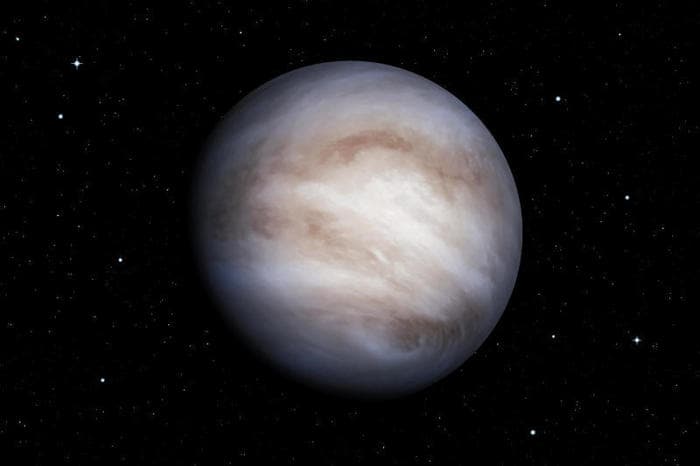
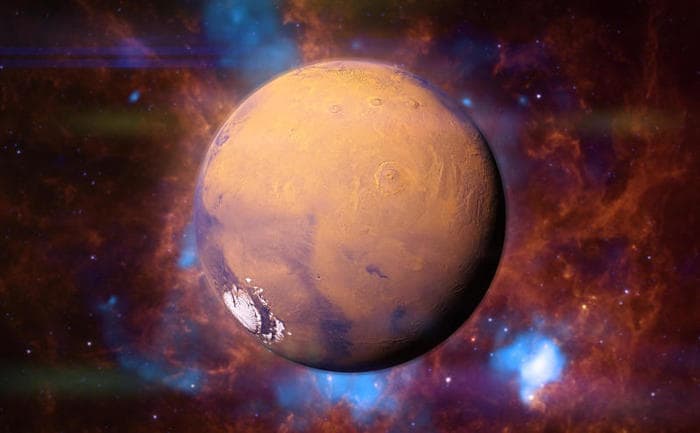
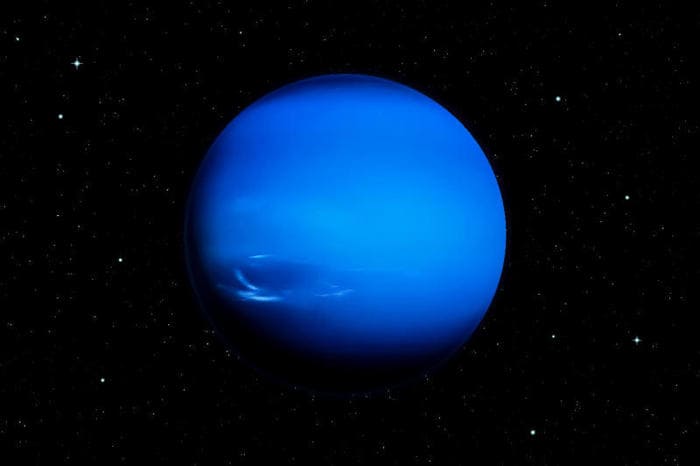
How long is a day on other planets in our solar system?
URAN
84 YEARS. The seventh planet orbits the Sun in 17 hours and 14 minutes. Its day length, however, differs greatly because of the strange angle of its axis (about 90 degrees): in practice, the planet looks a bit like a tilted sideways spinner. Because of this peculiarity, 84 years pass before the Sun rises again at the same point! In this world, not everyone would be able to celebrate even their first year of life.
MERCURY
176 DAYS. Mercury is the closest planet to the Sun and it takes about 58 Earth days to complete a revolution around the star. At the same time, if we lived on Mercury, it would take us almost 176 days to see a new dawn.
SATURN
FOR 10 HOURS 47 MINUTES, the sixth farthest planet from the Sun, Saturn, like Jupiter, is also a gaseous planet and for this reason it is difficult to determine the length of its day. The approximate time is more than 10 hours 47 minutes.
JUPITER
9 HOURS 55 MINUTES. Jupiter is the largest planet in our solar system, the fifth farthest from the Sun and also the fastest rotating on its axis (45 300 km/h). The times from , which are not easy to determine as it is a gaseous planet, are very short: only 9 hours 55 minutes and 30 seconds.
NEPTUNE
16 HOURS, 6 MINUTES. Gaseous Neptune is the farthest planet from the Sun. It has been calculated that its solar day is similar to a sidereal day: 16 hours, 6 minutes and 36 seconds.
MARS
24 HOURS, 39 MINUTES. Mars is the fourth closest planet to the Sun after the Earth, and its rotational speed is very similar to that of our planet, as is the duration of the day: 24 hours and 39 minutes.
VENERA
116 DAYS. Venus is the second planet and also the slowest and the only one that rotates clockwise (retrograde rotation). Its rotation speed is actually only 5.5 km per hour. In practice, it takes about 243 days to complete a complete circle around the Sun However, to see the sunrise again, one must wait no less: 116 days.
That's the time. And I hope I've answered the question - How long is a day on other planets? But, there are still many mysteries in our solar system and the Milky Way galaxy. which is where we are.
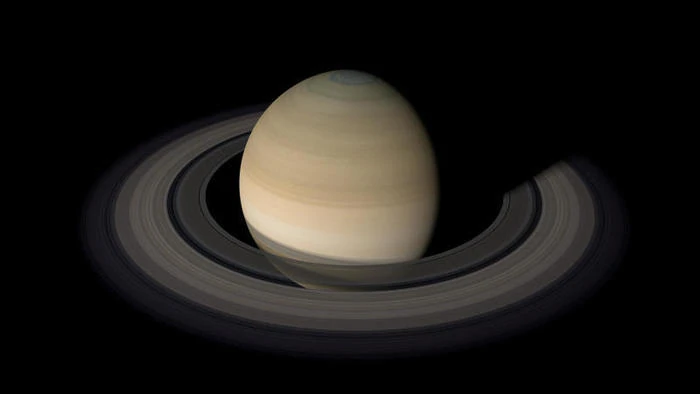
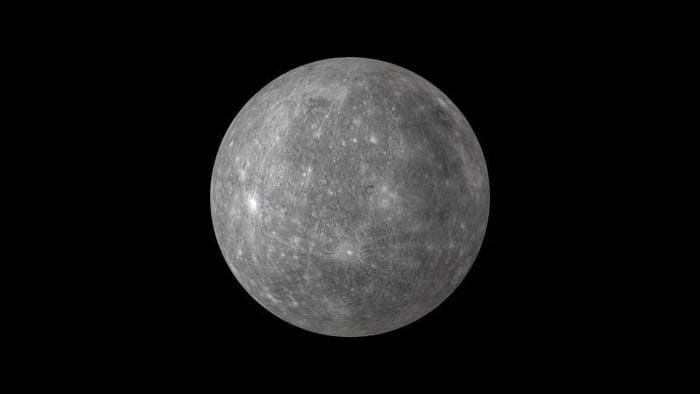
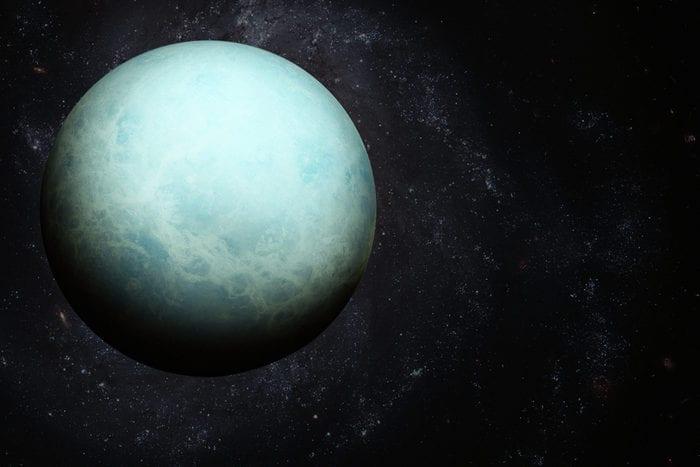
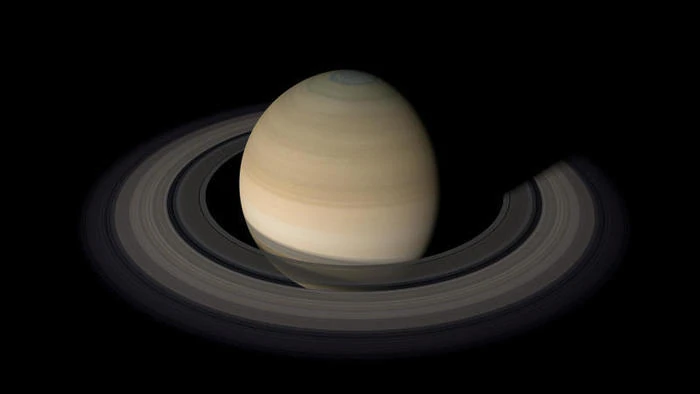

 and then
and then 
